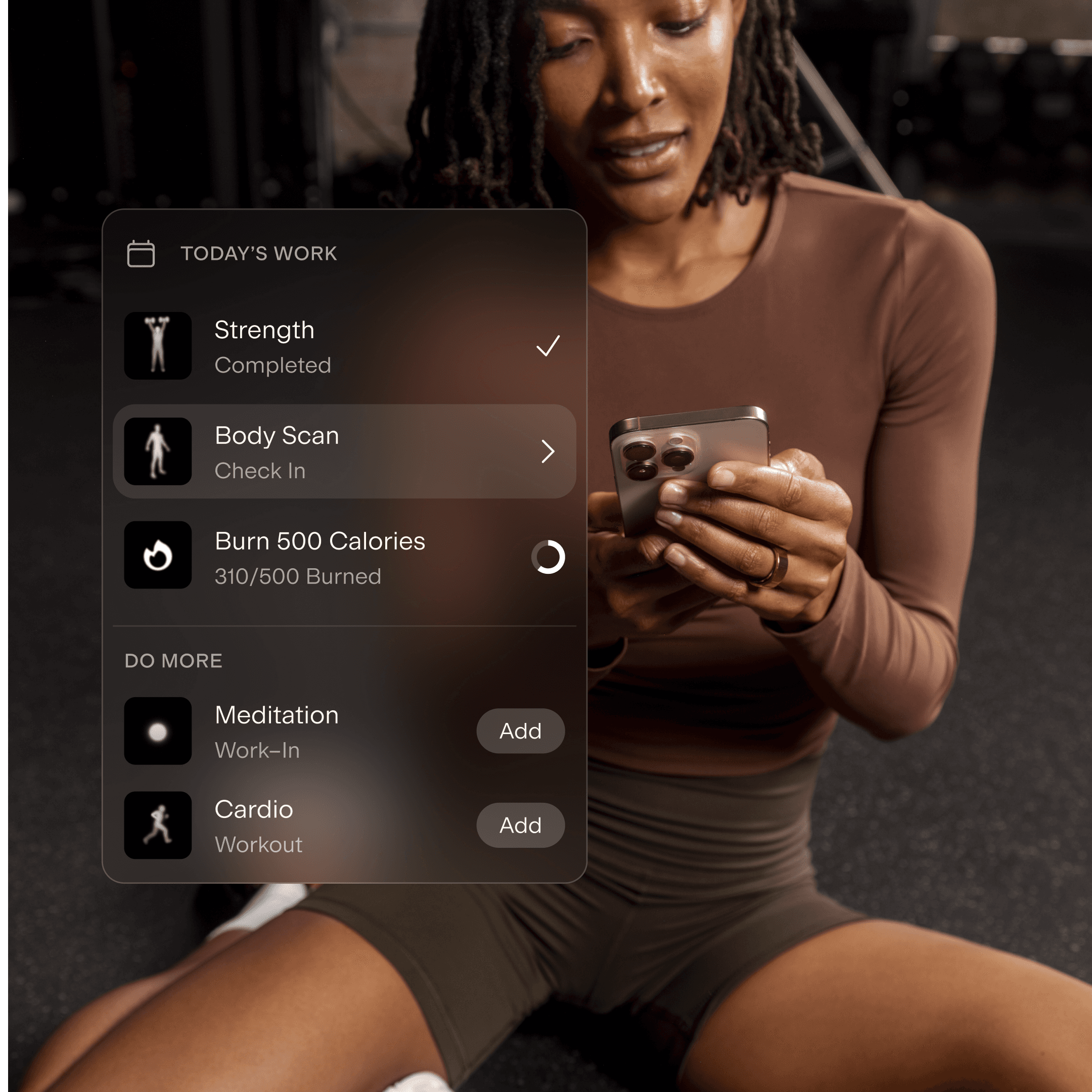Why Following a Plan Matters in Fitness and Recovery
Written By
Adam Gray-Hayward
Reviewed By
Paul Winsper, Chief Science and Performance Officer, AlterMe

Related posts

Why Sleep Is the Most Underrated Key to Fat Loss, Recovery, and Resilience
You train hard, eat well, and stay consistent—but if your sleep is off, real progress can stall. Learn how quality rest impacts fat loss, muscle recovery, stress, and mental resilience—and why it’s one of the most important tools for long-term results.

Yoga and Your Wellness Journey on International Yoga Day
Yoga is more than a movement practice. It’s a lifelong tool for healing, alignment, and long-term well-being. On International Yoga Day, we explore how yoga impacts weight loss, stress, sleep, and full-body health in ways that extend far beyond the mat.

Why Recovery Sessions Are the Secret to Smarter, Sustainable Fitness
Pushing harder doesn’t always lead to better results. Discover why recovery sessions are a vital part of fat loss, performance, and long-term health. Learn how they support your nervous system, enhance recovery, and help you train smarter—not just harder.